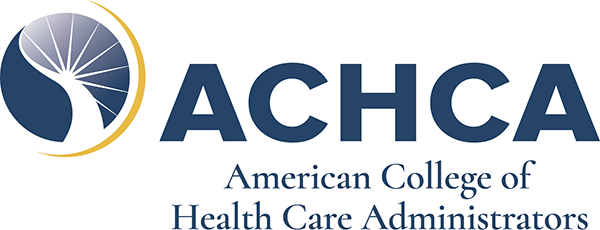In early December, Centers for Medicare & Medicaid Services (CMS) finalized the Medicare Physician Fee Schedule for 2021, reflecting significant cuts to a variety of providers. Physical therapy (PT), occupational therapy (OT), and speech-language pathology (SLP) were initially going to be impacted by a reimbursement reduction of approximately 9%. In late December, in response to intense advocacy by organizations representing the 37 professions affected by the cuts, Congress approved a new omnibus and COVID-19 relief package that reduced the planned cuts to approximately 3% and put the 2% sequestration reduction on hold. The omnibus bill sets the payment rate for CY2021, but the sequestration hold expires on March 31, 2021. At that point, the 2% sequestration reduction will return for all Medicare claims. While this is certainly an improvement over the proposed 9% cut, the new cuts will still prove to be unsustainable for many providers.
So how can you mitigate these reductions in your Part B therapy billings? A key aspect of mitigating these losses is the overall management of your therapy operation. There are some obvious and some not-so-obvious areas where mitigation may be possible. In this article, we will discuss four of them: Multiple Procedure Payment Reduction (MPPR) Policy, the Medicare 8-Minute Rule, Productivity, and Staff Education.



